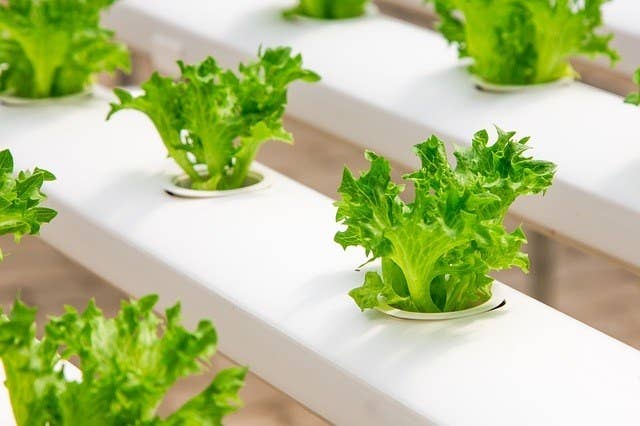8 Reasons Why You Should Consider Hydroponics Farming System

6 Reasons Why You Should Consider Hydroponics Farming System
Hydroponics is a farming technique that involves growing plants without soil. A nutrient-enriched water solution is used in place of the soil. These nutrients are distributed to feed the plant directly through their roots. There are many ways to distribute or supply these nutrients to the roots of the plants.
Why hydroponics?
A lot of operational benefits come with the use of hydroponic system of farming. These benefits are very influential and supportive of the vision and mission of several freight farmers. The following are the reasons why you should consider giving hydroponic farming a try.
#1. You get to enjoy earth-friendly
With hydroponics system, funguses, viruses, diseases and soil-born insects are entirely eliminated. With hydroponics, you have your gardening inside or in a climate-controlled house. You do need to worry of being invaded with a plague of locusts. Besides, it is way easier to get rid of any problem from the invasion of whitefly or red powder. This is more organic. The hydroponics DIY system is one of the things that make it easy to practice.
#2. Steady rates of production
Another reason why hydroponics is much preferred than the traditional way of farming, is because it gives room for the production of unseasoned produce. Hydroponics has a steady production rates because they are in a closed place and controlled place. Moisture levels and temperature does not affect hydroponics like the way it affect traditional farming. So, the height of the plants are not affected by this.
#3. Less water
Hydroponics farming method needs less water. It allows you to reuse water within the environment and you can enjoy water efficiency. In the traditional farming, the water you apply on your plants drains away through the soil. Hydroponics involved a continuous cycle of irrigation and the water is collected and reused again until the plants have taken in all the water. This helps to reduce the expenses on water and the farmer can save more cash, which can be spent on other supplies, such as seed and so on.
#4. Conservation
It is a guarantee that hydroponic farming gives much more yield than traditional farming. Also, the growing cycle of hydroponics products are also shorter. This farming technique yields faster maturing plants. A hydroponic garden in a small-sized space can yield much food more than a square acre land of traditional farming would give you. Hydroponic garden gives you the most harvest in a small space, since no root will be growing wider to search for nutrient. In hydroponic farming, there is no need for the roots of the plants to grow and expand in search of nutrients.
#5. No weed
Any idea of the amount of time, energy and resources that are being used by farmers to combat weeds? It is a lot. Weeding is a time consuming and back-breaking task of farmers that are growing plants with traditional system of farming. There is nothing like that in hydroponic farming. No seed will be growing from other plants and fighting against your main plants.
#6. Total control over nutrients
In hydroponic farming gives farmers the privilege of having absolute control over the amount of nutrients your crops needs to thrive. You will be making use of specifies formulas for nutrients. There is also daily monitoring for these nutrients.
This allows you to see to the amount of nutrients that are being feed to your plants on a daily basis. It also allows you to distribute the required and necessary amount of nutrients that your plant would need to grow to their full sizes. It eliminated your worry about poor quality of crops.

